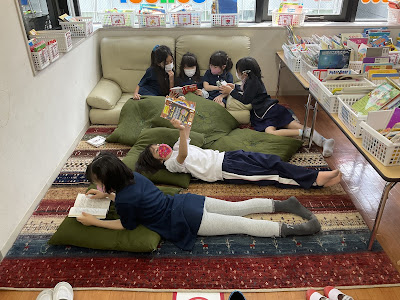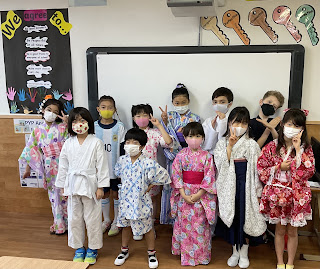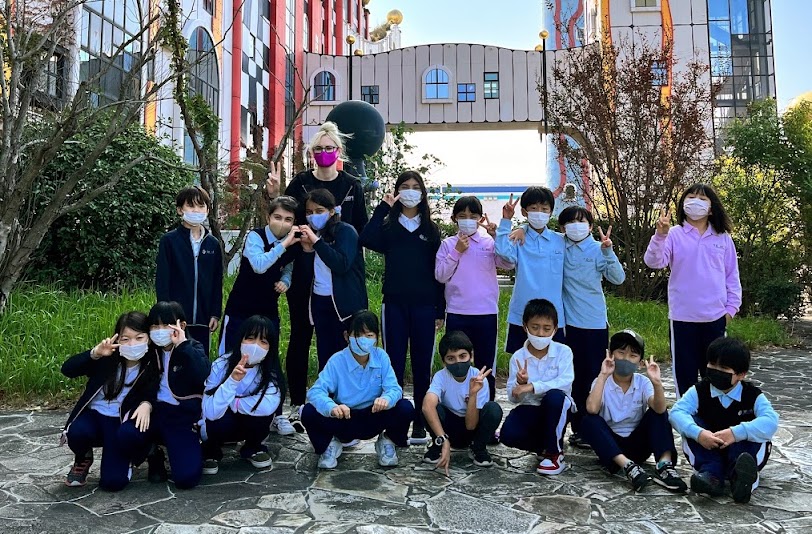Term 1-How the World Works
Hello Parents,
Grade 3 inquired into the central idea “How the World Works.” The students worked very hard throughout the term on this unit. This science-based inquiry gave students hands-on experience with different materials to explore the states of matter, and take a deeper look at magnetism, energy and electricity. During the inquiry, students learned scientific behaviors such as observing, recording and formulating hypothesis.
In this unit, we investigated the states of matter (solid, liquid and gas) and their properties. We conducted a variety of experiments and designed solutions to real-world problems using our knowledge of the properties of matter. We had a great time using our research skills to formulate questions and gather information about each of the lines of inquiry. We then used our thinking skills to analyze the data and apply it to new situations. We enjoyed presenting our findings to our peers. Here are some of the fun science experiments and stem challenges we conducted to show the changing states of matter:
We continued our learning with powerpoint quizzes and various investigations and experiments to learn about energy, electricity and magnetism. As a class, we engaged in open discussion about these topics. We wrote our ideas on the board and made posters to reinforce our understanding of the concepts. We learned some key ideas about these topics and discovered energy conservation tips. It was such an awesome learning moment when we realized we could create electricity.
We had a great time doing several hands-on activities on these topics. One of the many activities we enjoyed was being an energy detective. We searched for clues of energy around us. We used what we could find to create our own definition of energy. We also related our energy clues to the engineering products we saw every day. We had a great time being energy detectives as we scouted our school and tried to figure out the meaning of energy , where it came from and how it can be used. After our exploration, we all came to the conclusion that energy was something we used every day. We discovered many types and sources of energy around us. Here are some the highlights from our discoveries:
 |
| Students showing mechanical energy |
 |
| Students showing light energy. |
 |
| Students inquiring into mechanical energy |
In the last part of the unit, we observed and discussed the properties of magnets with respect to different materials in our classroom. As we proceeded through this investigation—observing, gathering and interpreting evidence, and sharing conclusions—we were provided with opportunities to use language in discussion with our teacher, our partners, our table groups, and in whole-class science talks.
Throughout the term, we used addition and multiplication to solve problems about the perimeter and area of shapes. We also started to develop a deeper understanding of fractions, beginning with unit fractions and using visual fraction models to represent a part of a whole. We had a great time finding equivalent fractions, ordering fractions and comparing fractions, as well as adding and subtracting fractions with common denominators. In the later part of the term, we looked at measurement and data. We solved measurement problems using mass and volume. We collected data and drew different graphs to represent the data.
Library
One of the most favorite parts of our weekly class visits to the library was the read-aloud story sessions. In the library, we read in comfortable chairs, shared and collaborated with our peers. Through these collaborative efforts, we developed and enhanced our critical reading and research skills in preparation for the units of inquiry. These experiences gave us the opportunity to incorporate literature into the units and provided a deeper learning experience for us.
Personal, Social and Physical Education (PSPE
We engaged in a range of team and individual sporting activities, such as athletics and physical wellness. We continued to progress through our physical literacy unit by focusing on a number of movements, such as jumping and balancing. We also connected PSPE to our unit of inquiry and came up with a variety of games and challenges to facilitate our learning.
Here are some other highlights of the term:




































Comments
Post a Comment